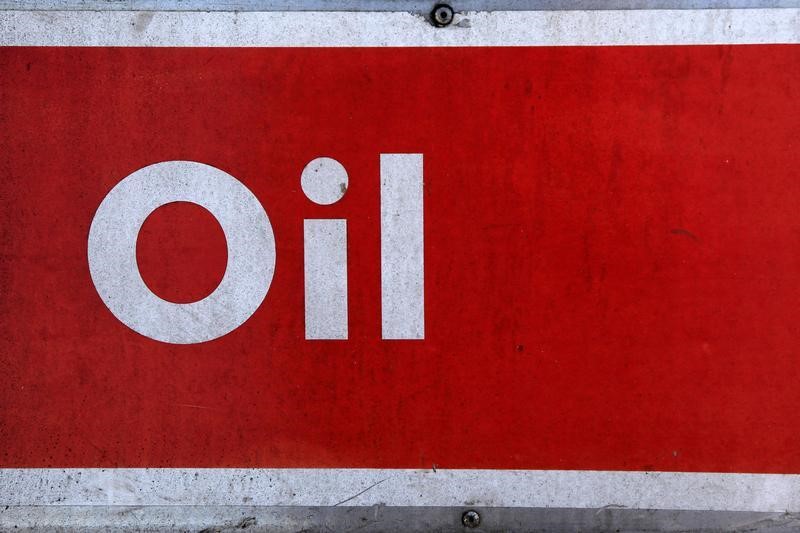* Iran more likely to focus on U.S. military targets -Eurasia
* December OPEC output fell by 50,000 bpd -survey
* U.S. crude stocks drop in latest week -API
By Stephanie Kelly
NEW YORK, Jan 7 (Reuters) - Oil prices fell almost 1% on Tuesday, surrendering some recent gains as investors reconsidered the likelihood of immediate supply disruptions in the Middle East after the United States killed a top Iranian military commander last week.
Brent crude LCOc1 fell 64 cents, or 0.93%, to settle at $68.27 a barrel. U.S. West Texas Intermediate (WTI) crude CLc1 fell 57 cents, or 0.9%, to settle at $62.70 a barrel.
Prices surged during the previous two sessions on fears of escalating conflict and potential Middle East supply disruptions after a Jan. 3 Baghdad drone strike killed Qassem Soleimani, head of Iran's elite Quds Force, and Iran vowed revenge. Brent reached its highest since September while WTI rose to its strongest since April.
"The expansion in geo-risk premium related to Iran appears to be running out of steam as the complex seems to be taking a 'wait and see' attitude ahead of possible Iranian retaliation to last week's events," Jim Ritterbusch, president of trading advisory firm Ritterbusch and Associates, said in a note.
Chevron Corp (NYSE:CVX) CVX.N Chief Executive Michael Wirth told CNBC that the oil markets remain well supplied despite the recent escalation of tensions.
"Fundamentally supply and demand remain where they were before these incidents," Wirth said in the interview.
Consultancy Eurasia Group said Iran probably would focus on U.S. military targets rather than energy targets.
"That's not to say it won't continue low-level harassment of commercial shipping or regional energy infrastructure, but these activities will not be severe," it added.
Still, the United States Maritime Administration website renewed its warning about threats to U.S. commercial vessels from Iran and its proxies in the Gulf and surrounding area. also fell despite higher compliance among the Organization of the Petroleum Exporting Countries (OPEC) on meeting production quota curbs aimed at reducing supply. members pumped 29.5 million barrels per day (bpd) last month, down 50,000 bpd from November's revised figure, according to a Reuters survey published on Monday.
U.S. crude inventories fell by 5.9 million barrels in the week to Jan. 3 to 430 million barrels, data from industry group the American Petroleum Institute showed on Tuesday. Analysts had expected a draw of 3.6 million barrels. government data is due to come out on Wednesday.
